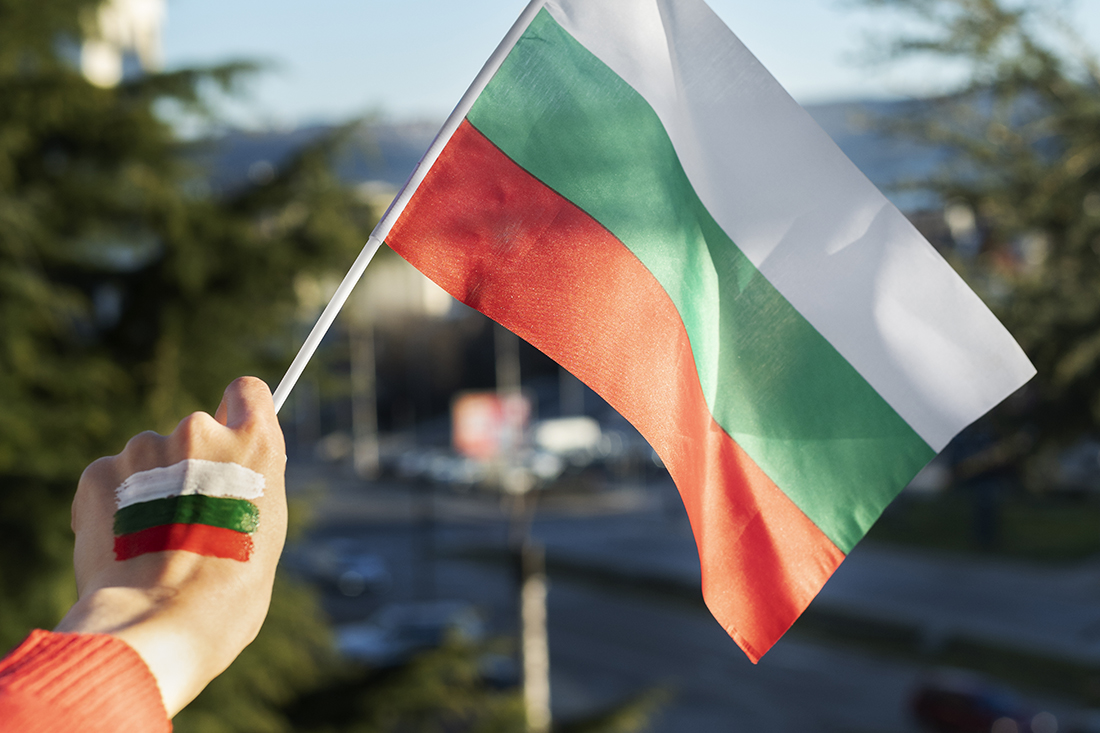Bulgaria’s New Government Delays Euro Adoption Amid Inflation

Bulgaria's new government has decided to postpone the next step towards the introduction of the euro until it meets all the requirements of the European Union to meet all the criteria for joining the eurozone, Bloomberg reports.
According to Bulgaria's Finance Minister Temenuzhka Petkova, Bulgaria does not currently meet the price stability criterion. Once it does, it will apply to the European Commission and the European Central Bank for an assessment, which is a key step in the eurozone accession process.
‘When these factors are in place, I will certainly do it,’ she added.
Any EU country that wants to join the eurozone must meet several so-called convergence criteria. One of them requires that the country's average inflation rate does not exceed by more than 1.5 percentage points the inflation rate of the three best performing countries in the eurozone over the past 12 months.
According to the head of Bulgaria's Ministry of Finance, the country is about one basis point short of the target.
Bulgaria had planned to introduce the euro on 1 January 2024, but political instability, which continues to this day, prevented it from doing so. It is therefore unclear how the intentions of the new Bulgarian government, which has declared the introduction of the euro as one of its priorities, will affect the country's speed of accession to the euro area.